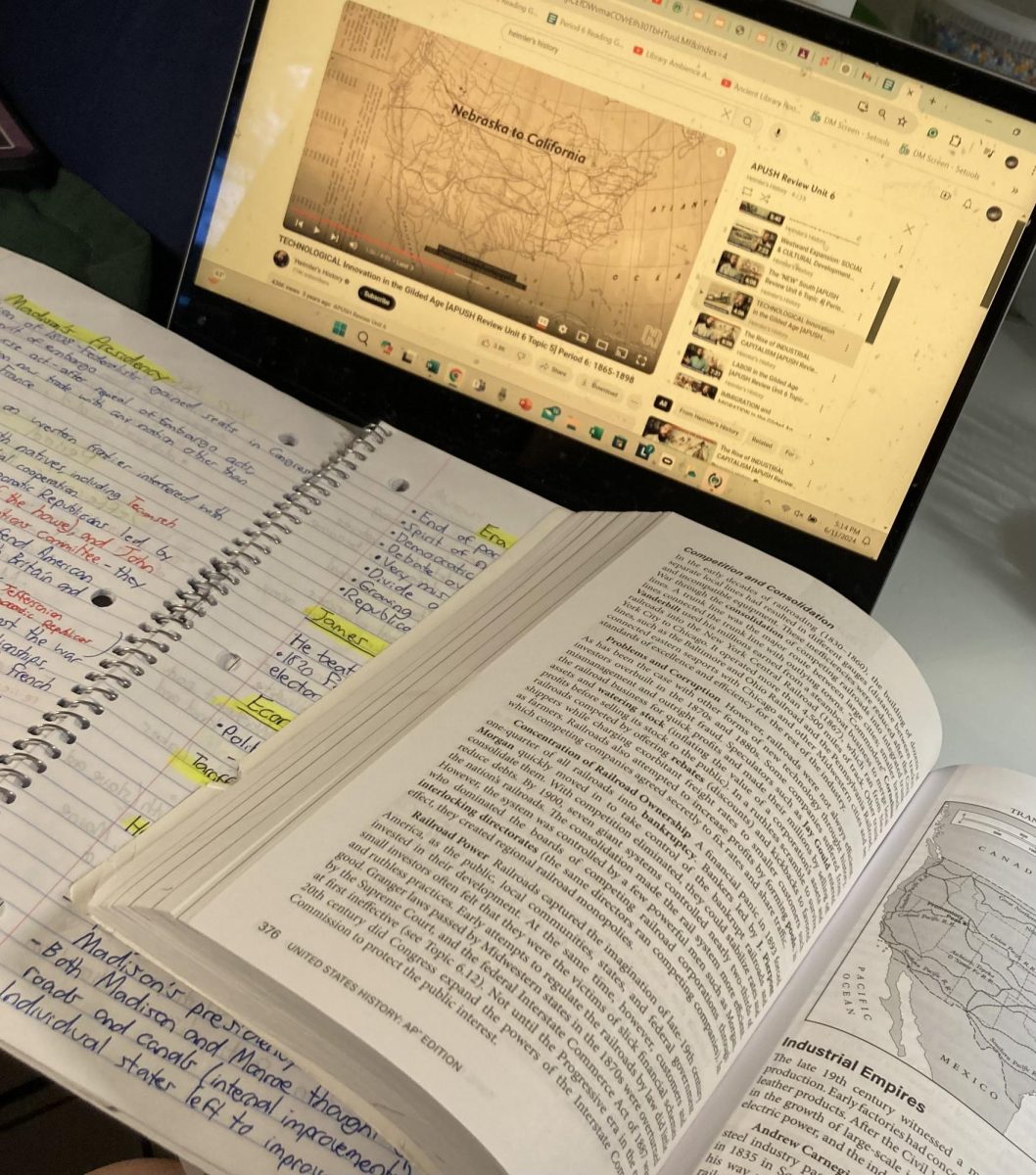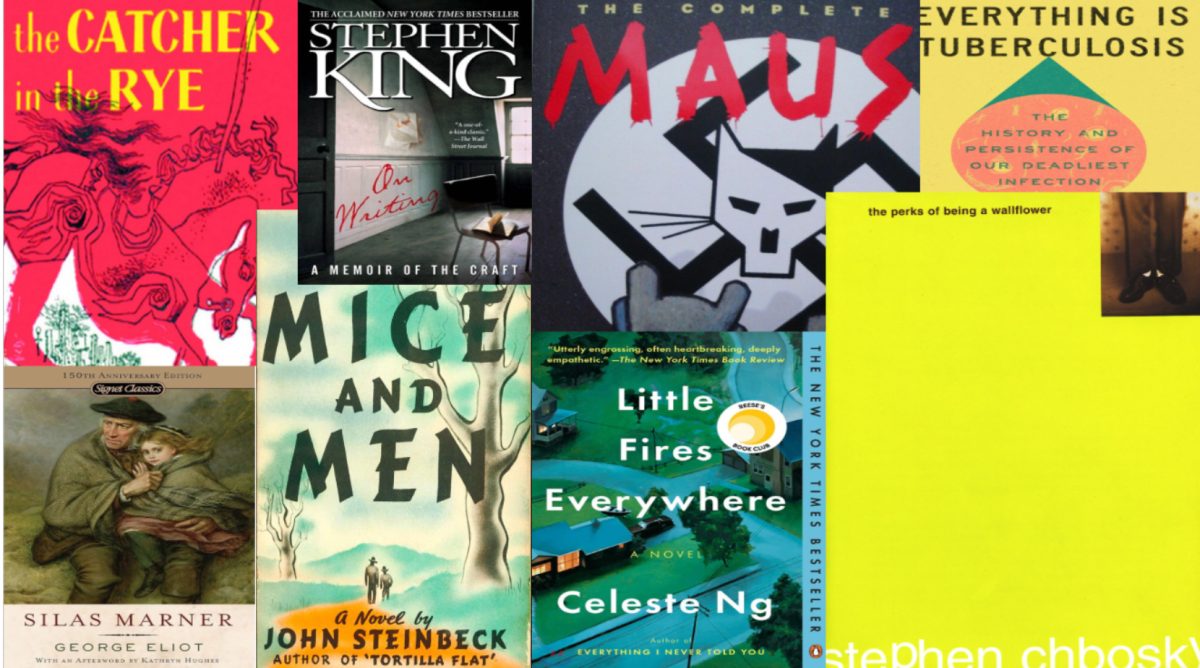Finals – looming at the end of the year, the culmination of everything you’ve learned and done in each class. They can be terrifying if you feel unprepared, but they can also be gratifying, a way to prove yourself and boost your grade. And just as finals can cause different feelings in people, they also come with a host of different studying strategies and ideas. From freshman year to senior year, how you study for finals changes and morphs with your class list.
For example, some people start studying weeks in advance, while others try to cram the night before. Some people use flashcards, other people read the textbook, others study in groups; it varies from person to person and subject to subject.
For junior Maggie Hayes, her priorities depend on both the subject, and her finals lineup.
“Last year, I was struggling with my math class, and I had chemistry and math on the same day, so I prioritized math,” Hayes said. “I’m taking AP English this year, so I don’t have a final, but I do have a project. But for math, I have Delta Maths to do, so I’ll be [studying with] those.”
She prefers to start studying a bit earlier and doesn’t cram right before the exam.
“I try not to do it where it’s like right in front of me and I’m in the room. I just [study] the night before, so it doesn’t cause me to overthink everything. Cramming the night before is sometimes helpful for me, but cramming minutes before the test is not. I would not recommend it,” Hayes said.
Similarly, senior Michelle Nikolaev tries to study long before Finals week.
“I want to say I start around three weeks in advance, but I start with very light studying, and then as it gets closer to the deadline, I start increasing it,” Nikolaev said.
This way, she is able to begin covering material and preparing before she is crammed for time, and she can balance out her different classes.
Different studying techniques matter for different classes, too. For example, history requires more memorization of content, whereas math and physics would require more practice problems.
“For things like AP psych, I like to go through all of my notes and read through them, sometimes look at the textbooks if we have them,” Nikolaev said. “I use a lot of flashcards and quizlet, I have friends quiz me on them. It’s a lot of going through information you’ve already learned and refreshing it.”
Studying with friends can be very useful, especially for finals. If you trust your friends to keep you on track, a group study session can be an excellent way to get quizzed on certain topics, get help if you need it, and work together. This is especially true if you’re studying a topic a friend of yours understands well. And while finals is the last week of school, it can be a year long endeavor. Saving notes, taking notes, doing well on tests and working hard throughout the year can leave you in a better or worse position.
“I would highly recommend [incoming freshmen] just locking in, this year, for the next year.” Freshman Alexis Van Blijdesteijn said.
Freshman year can both be the easiest week of finals, and the hardest. Freshmen are taking their finals for the very first time, and often don’t know what to expect. When asked what advice they would give to freshmen about to take their exams, Hayes and Nikolaev gave these answers.
“Try to manage your time wisely. If you are worried about one exam in particular, try to figure out if it’s better to start studying for that now, or if that would put your other exams at risk. And figure out what works for you; experiment with the environment, find somewhere where it is easy to focus,” Nikolaev said.
“Don’t worry about your finals. As long as you have good grades, it won’t bump your grade down too much even if you fail your finals. The worst-case scenario is not that bad, so don’t stress,” Hayes said.
So while finals can be a source of worry and concern for much of the school, as long as you focus on your classes and do your best, everything will be just fine.









